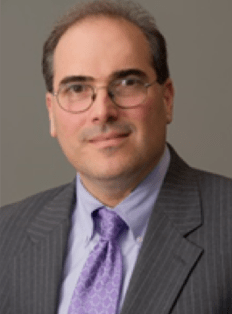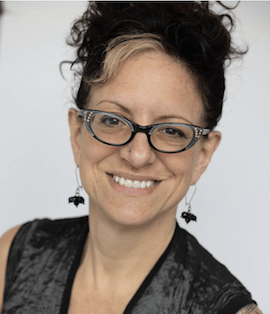Friday, April 8th
Dr. Sam Eisen |
“World Languages for National Security and Global Competitiveness: Needs, Opportunities, Careers”
Dr. Sam Eisen presentation addresses the language gaps in the national security sector (including Spanish), some of the economic needs identified in some of the state roadmap projects, and showcase the grant and scholarship programs as well as careers for the NSEP alumni.
Dr. Sam Eisen is Director of The Language Flagship and Director of Programs at the National Security Education Program (NSEP) in the Defense Language and National Security Education Office at the Department of Defense. NSEP is a federally-funded partnership between the national security community and higher education to address national needs for expertise in critical languages and regions and is an integral component of a comprehensive strategy to eliminate the serious language deficit in the Federal government and in the nation. NSEP programs are designed to create a pipeline of U.S. students skilled in critical languages and cross-cultural expertise, and to support critical language programs at U.S. institutions of higher education.
Saturday, April 9th
Dr. Kim Potowski |
“Apples and oranges: Best approaches in working with Spanish heritage speakers”
Heritage speakers are increasingly common in Spanish classrooms around the U.S., and they differ in important ways from beginning second language students. What are some typical profiles of heritage speakers (“apples”) and how are they linguistically and affectively different from second language students (“oranges”)? How can we determine appropriate curricular goals, instructional approaches, and placement procedures to best serve heritage speakers? And what can instructors do when a separate heritage speaker course is not possible, resulting in a classroom with a mix of “apples” and “oranges”? Teachers of both kinds of students are invited to learn more about this important aspect of our profession.
Dr. Kim Potowski is Professor of Spanish linguistics at the University of Illinois at Chicago. Her research focuses on Spanish in the United States: Who uses it, with whom, and for what purposes? What changes is it undergoing? How does it connect to identity and social justice? She began directing her campus’ Spanish Heritage Language Program in 2002 and is the founding director of its summer study abroad program in Oaxaca, Mexico, where she spent a year as a Fulbright scholar. Her advocacy for the value of education in two languages for all U.S. children was the focus of her 2013 TEDx talk “No child left monolingual.” She has authored and edited over 12 books including:
- El español de los Estados Unidos
- Heritage language teaching: Research and practice
- Language and identity in a dual immersion school